The world last week: Response states to the Covid-19 pandemic
(Baonghean) - The Covid-19 pandemic has appeared in nearly 200 countries and territories. Unlike European countries that are witnessing the number of people infected and dying from the disease every day, Russia has taken active measures very early to prevent the risk of community infection. Meanwhile, in Brazil, the country's president is facing harsh criticism when calling on people to return to work and maintain commercial activities.
“Weapons” against Covid-19
While all of Europe is in chaos due to the Covid-19 pandemic, Russia - the only European country that shares a very long border with China - has recorded an extremely low number of positive cases of SARS-CoV-2. The first case of infection was recorded in January 2020. With drastic measures taken very early, Russian President Vladimir Putin affirmed that the country is trying to prevent the spread of the virus and the situation is "under control".
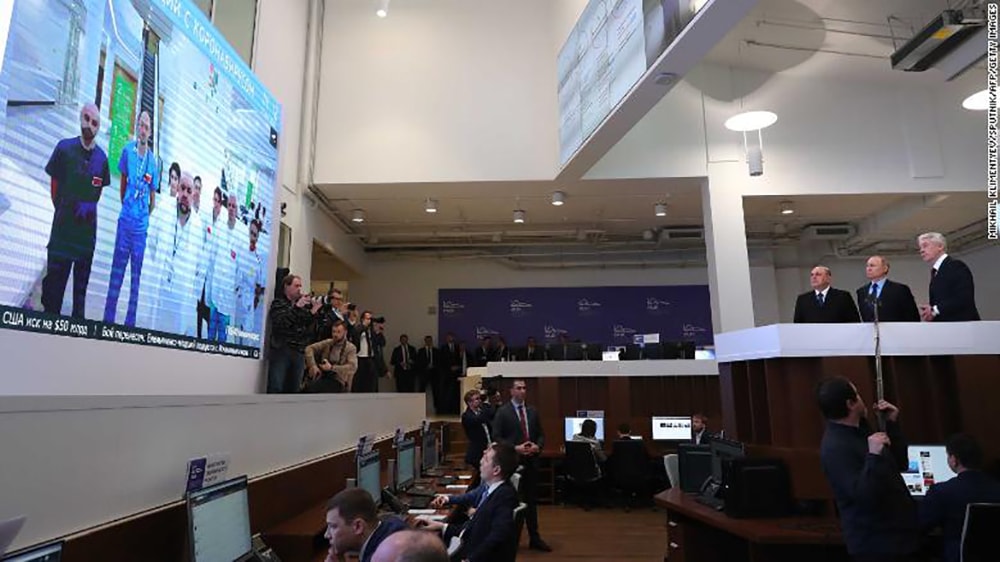 |
| Russia has established a Covid-19 Information Center in Moscow. Photo: CNN |
According to Russian authorities, President Putin's strategy has been effective. As of 1 p.m. on March 28, in Russia - a country of 146 million people, there were 1,036 people infected, 4 deaths. Some experts believe that Russia's early response measures such as closing the more than 4,100 km long border with China since January 30, or setting up drastic quarantine zones, have contributed to slowing the spread of the virus, thereby helping Russia to tightly control the epidemic, prolonging the time to face a full-blown outbreak.
“Test, test, test” is the call of the Director General of the World Health Organization (WHO) when the epidemic showed signs of spreading. However, Dr. Melita Vujnovic, WHO representative in Russia, said that Russia had started testing since the end of January, even applying other recommended measures such as identifying infected cases, tracing contacts, and community isolation very early.
Rospotrebnadzor, Russia’s consumer watchdog, said it has tested more than 156,000 people for SARS-CoV-2. By comparison, the US only began ramping up testing in early March, according to CDC data, while Russia has been testing extensively since early February. The focus has been on testing at airports, with a focus on travelers from Iran, China, and South Korea.
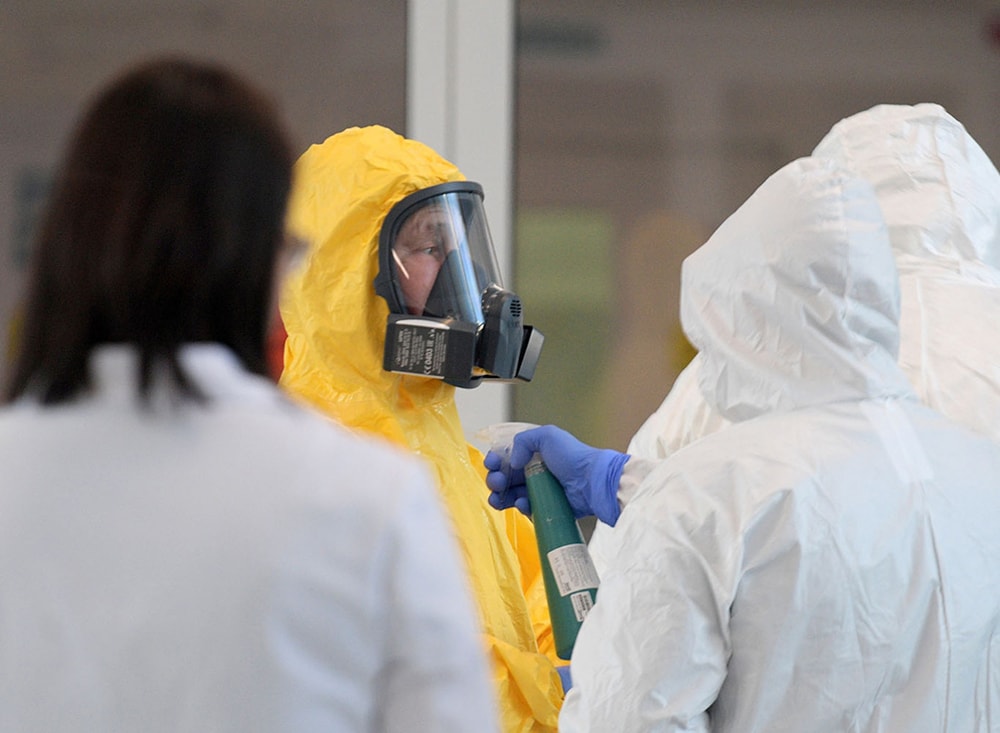 |
| President Putin wears protective gear to inspect a medical center treating Covid-19 patients. Photo: Kremlin |
Most of the cases are in the capital Moscow. Since last month, thousands of people in the city have been forced to self-isolate for 14 days, including those who have returned from countries with outbreaks, have been in contact with patients or have been diagnosed with the virus with mild symptoms. In addition, about 100,000 facial recognition cameras using AI technology installed across Moscow are considered to play a key role in the fight against Covid-19.
All of these drastic measures do not mean that there are no gaps in Russia’s defenses against the virus. Russia has not tested people arriving from Italy or had limited controls on those arriving from other European countries, simply taking their temperatures and imposing a two-week quarantine. According to health officials, the vast majority of Covid-19 cases in Russia have come from Italy.
There have been some suspicions that the Russian government has been hiding and controlling information about the epidemic. However, health authorities in Moscow have denied these allegations and confirmed that they have been testing pneumonia patients to identify the virus. President Putin himself has openly said that the government may not have a full picture of the epidemic. However, he affirmed that the Russian government is not hiding the data. The number of infected people in Russia has been on the rise over the past week, and this number will continue to increase in the coming time as Russia expands the scope of testing. However, a representative of the WHO said that Russia is still in good control because the country is tracking each case of infection and the epidemiological link to contacts.
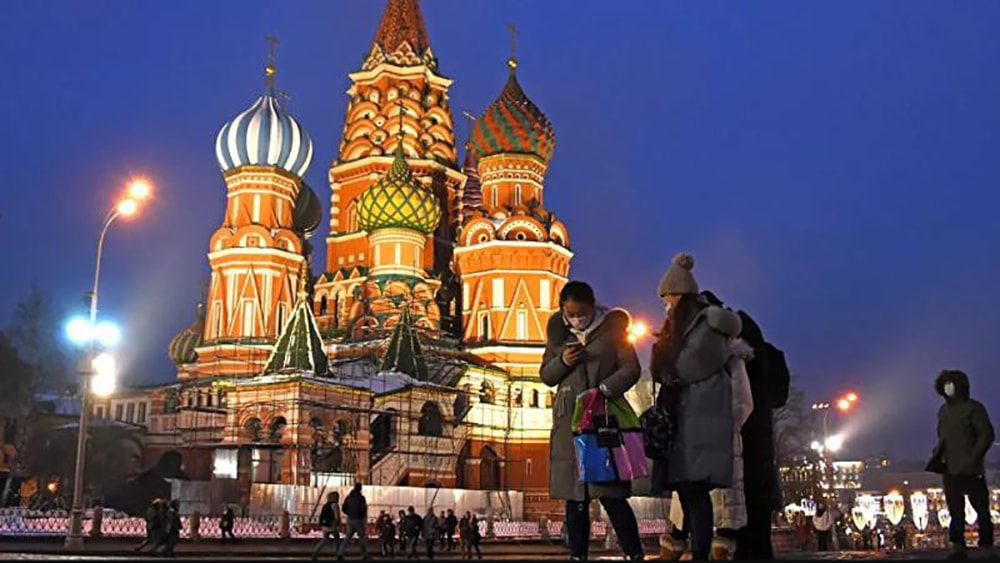 |
| Russia quickly adopted Covid-19 prevention measures very early, which is believed to be the reason why the number of cases in the country is low. Photo: Sputnik |
Russia's Rospotrebnadzor announced that up to 36,540 people are still being strictly monitored, at high risk of exposure. At the same time, the Russian government has begun to apply more drastic measures, canceling all public events, closing the border to foreigners, except for a few special cases. President Putin signed a decree postponing the referendum on constitutional amendments scheduled for April 22 until the Covid-19 epidemic is under control. President Putin ordered the whole country to have a paid day off from March 28 to April 5, except for the government apparatus and some essential industries, and called on all people to take seriously the instructions of health officials.
"Add fuel to the fire"
In contrast to Russia, President Jair Bolsonaro of Brazil - the largest country in Latin America - attacked the media and political opponents, calling on people to return to workplaces, public spaces and commercial activities. Political opponents have spoken out to reject the president's argument, saying it is more dangerous than the spread of the disease.
“Most media outlets are spreading fear by giving priority to the large number of victims in Italy. It is the perfect scenario to spread hysteria,” Bolsonaro, 65, told the nation on television on March 24, urging people not to worry if they contract the virus, because “even if they do get it, it will be like a mild cold.”
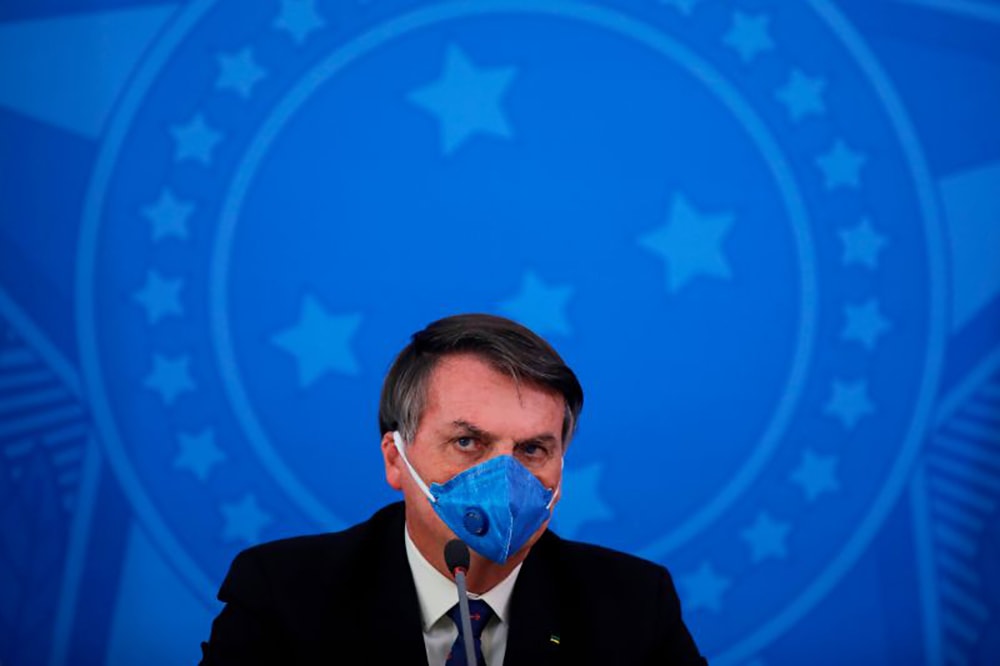 |
| Brazilian President Bolsonaro called Covid-19 just a "little flu" and urged people to return to work. Photo: Getty |
Instead of reassuring people about the rapid spread of the pandemic, President Bolsonaro's statements are said to be "adding fuel to the fire". Brazil is currently leading Latin America in both the number of infections and deaths from SARS-CoV-2 with 3,477 people infected and 93 deaths, as of 1 p.m. on March 28. Health experts also warn about the serious misinformation that Mr. Bolsonaro continues to spread. According to the Brazilian Society of Epidemiology, his comparison of Covid-19 with a "mild cold" is giving "the people the wrong impression that quarantine measures are inappropriate".
President Bolsonaro faces a loss of allies. Governors who once supported him are going their separate ways, saying his statements go against the recommendations of health experts and endanger the people.
According to AP, at an online meeting earlier in the day between President Bolsonaro and governors of southeastern Brazil, João Doria, governor of Sao Paulo state, warned that he would sue the government if it tried to interfere with the state's efforts to fight the virus. Wilson Witzel, governor of Rio de Janeiro state, a former ally of President Bolsonaro, announced that he would not follow the president's call to relax social distancing. Previously, Governor Witzel announced that he would close airports and main roads.
Experts say the number of infections could soar in April that it could overwhelm the country’s health system, particularly in slums, where the population is often overcrowded and unsanitary. Nearly all lower-class residents rely on a public health system that was already stretched thin and in disarray before the virus hit.
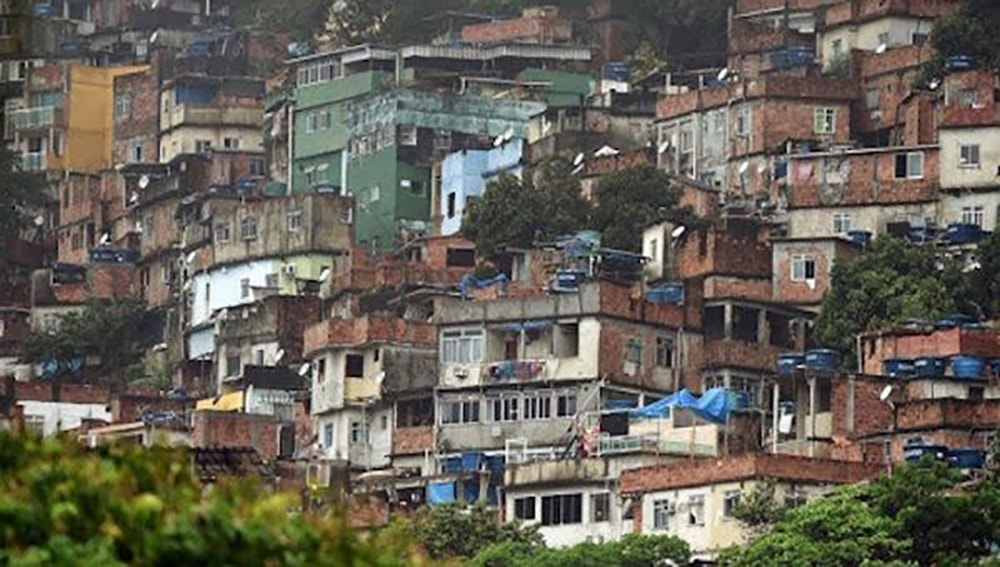 |
| The source of the Covid-19 outbreak may have come from slums in Brazil, due to the crowded and unsanitary conditions there. Photo: THX |
However, for Mr. Bolsonaro, the situation is not that bad. He believes that state governors are overdoing the problem unnecessarily by implementing community quarantine, closing schools, shopping centers... Analysts say that President Bolsonaro seems to be betting big, despite experts' warnings about the future collapse of the health and economy.
The Brazilian leader's response is quite similar to that of US President Donald Trump, but "he forgets that Brazil does not have the financial resources that the US has. The two countries are completely different," said Fernanda Magnotta, a political scientist in Sao Paulo.
